Collective Works: a small London architecture studio with big ideas
The world is changing and architecture is adapting, and a new wave of young practices in London emerges. They are armed with bold ideas, digital tools, new studio set ups and innovative designs and approaches. In our Next Generation series, join us in hailing this nexus of exciting studios from the UK capital through an ongoing series of weekly profiles. Alasdair Dixon, Khuzema Hussain and Siri Zanelli co-founded Collective Works, the London architecture studio that creates places through collaboration, flexibility and a socially responsible approach.

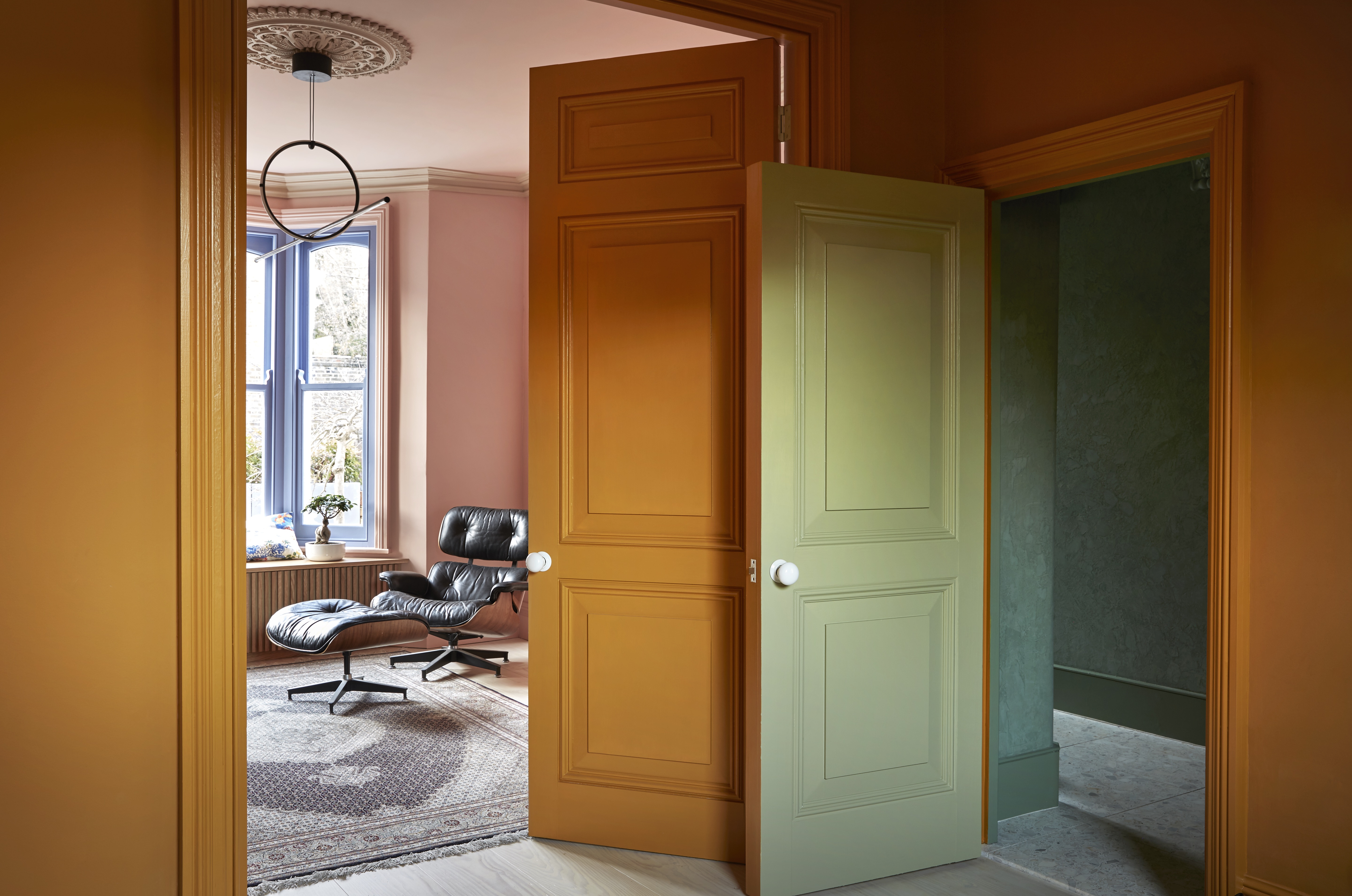
‘We all realised that architecture needed to operate more inclusively. We wanted a studio that could embrace flexible working, allow everyone to inform the final outcome and be better connected to the communities it served,' say Collective Works' co-founders Siri Zanelli, Khuzema Hussain and Alasdair Ben Dixon. ‘Of course without sacrificing design quality. That is still the challenge but we are proud to remain committed to how we operate.'
The small, young firm was formally established in 2012, but having worked together at previous architecture practices, the trio already knew each other's strengths well, and their, initially unspoken, joint goals and values were already developing. They admit that their experiences and characters are very different, but that does not stop them. In fact, embracing their differences and allowing space for each to express themselves and formulate their practice around that, is one of their key strengths. ‘A former business coach once told us that if we could find a way to work together – already four years at that point – that we could really leverage our strengths. So far so good!' they add.
Collective Works recently finished the transformation of a traditional Victorian terrace in North London, UpSideDown House, by investigating the client-family's way of life – there are spaces for being together, for quiet thinking and for robust play. They also invited KOI colour studio to collaborate on a bold colour scheme of sustainable clay-based paints to enhance the original Victorian features by adding a contemporary touch. ‘Inviting experts to take part in a project, and sharing knowledge, was part of making this project successful, and it has already led to further collaborations and new projects,' they explain.
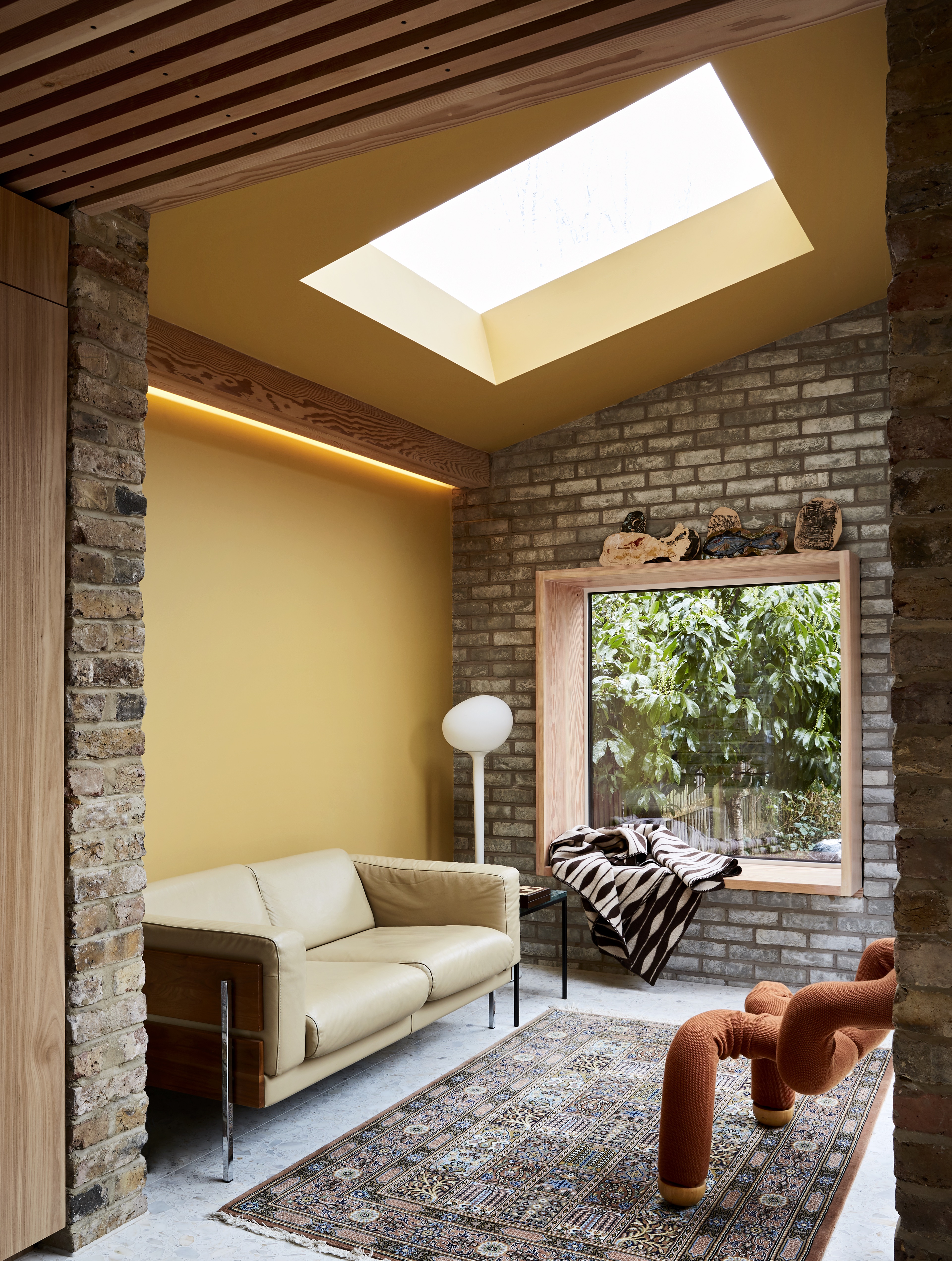
UpSideDown House, Highgate. Photography: Margaret DeLange
One of their ongoing projects is a fully sustainable workshop in Highgate for a client whose mission is to explore the relationship between humans and nature. The scheme just got planning approval in summer 2020, and its design creatively references boulders and land art. It is also a project with high sustainability ambitions, so the workshop will be well insulated, airtight, require little operational energy, have low embodied carbon, collect and reuse water and generate electricity through rooftop PVs. The sustainability criteria were part of the client's brief, and a dialogue with the local community was key to getting the project approved, says the team.
Collective Works' RISE theatre, built for the Old Vic Community Company in London's Waterloo, was a temporary 200 seat theatre made entirely of reusable, reclaimed and rented materials and flags up similar concerns and working methods for the team. While they do not have a big portfolio of cultural commissions, this was a project ‘where sustainability, community engagement and collaboration was absolutely essential,' they point out.
RELATED STORY
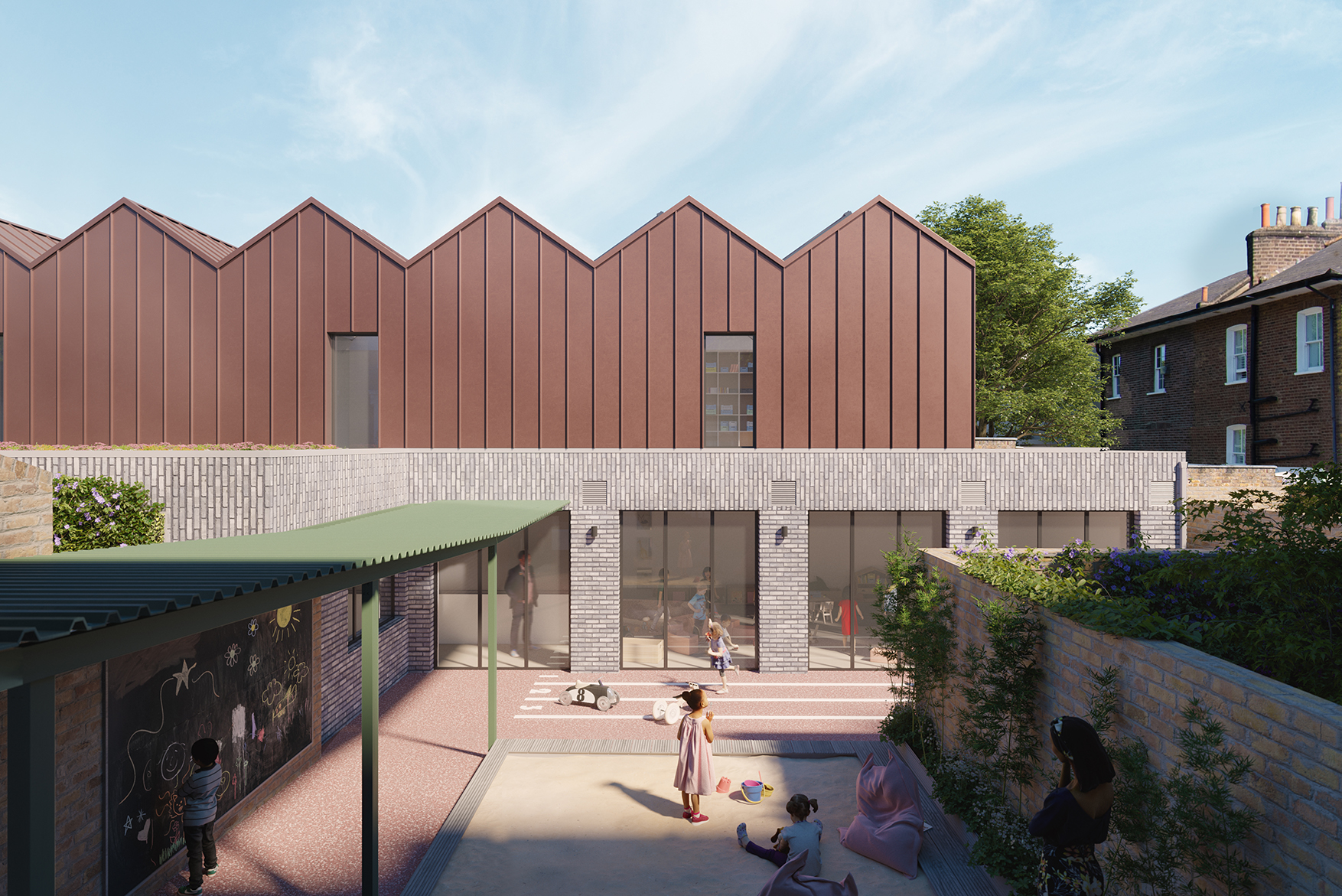
Working with a sustainable approach is central to the Collective Works ethos – be it environmental, as projects such as the above highlight, or social, as shown in both the team's engagement with the relevant communities involved in each project, and their internal structure that allows for family life and precious time for all to recharge and reflect show.
Ben Dixon has taken this one step further, engaging with the RIBA to contribute to recent publications and conferences around sustainability, social value and ethics in architecture – a discussion that is both necessary and timely for the field. The practice is also part of the team developing the RIBA 2021 Ethics Curriculum and they have received a grant to continue studies on a new and flexible housing typology that encourages home ownership and social sustainability. Such efforts inevitably feed back to their own practices.
‘This breadth of knowledge about the patterns and challenges within the industry make their way back into the office, both in terms of our design work but also how we operate as a company,' say the architects. ‘For example, we recently calculated the entire office's personal carbon footprint in order to contrast this with our professional carbon footprint – this was painful because the carbon impact of visiting family abroad becomes very visible!'
‘However having these discussions help us better understand and commit to carbon targets as well as making honest conversations with clients far more meaningful. These kinds of exercises sit within a wider drive to ensure that all of our work is truly responsible, both in how it is produced and how it is built.' Among other things, architecture, they point out, is missing ‘an honest conversation about our social contract and an urgent response about the climate crisis.' Collective Works knows that the best way to begin tackling such issues is to start with one's own practices.
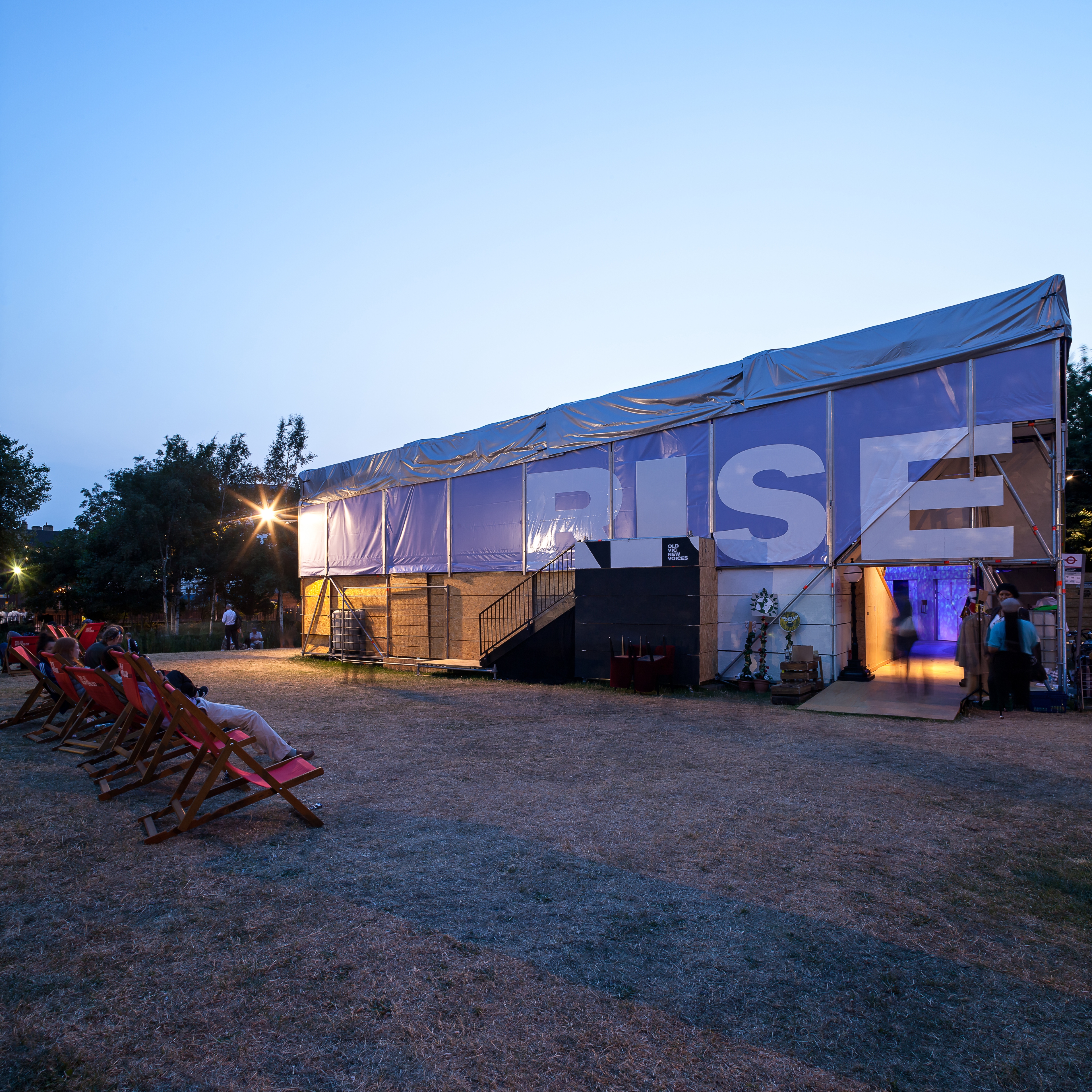
RISE theatre. Photography: Peter Landers
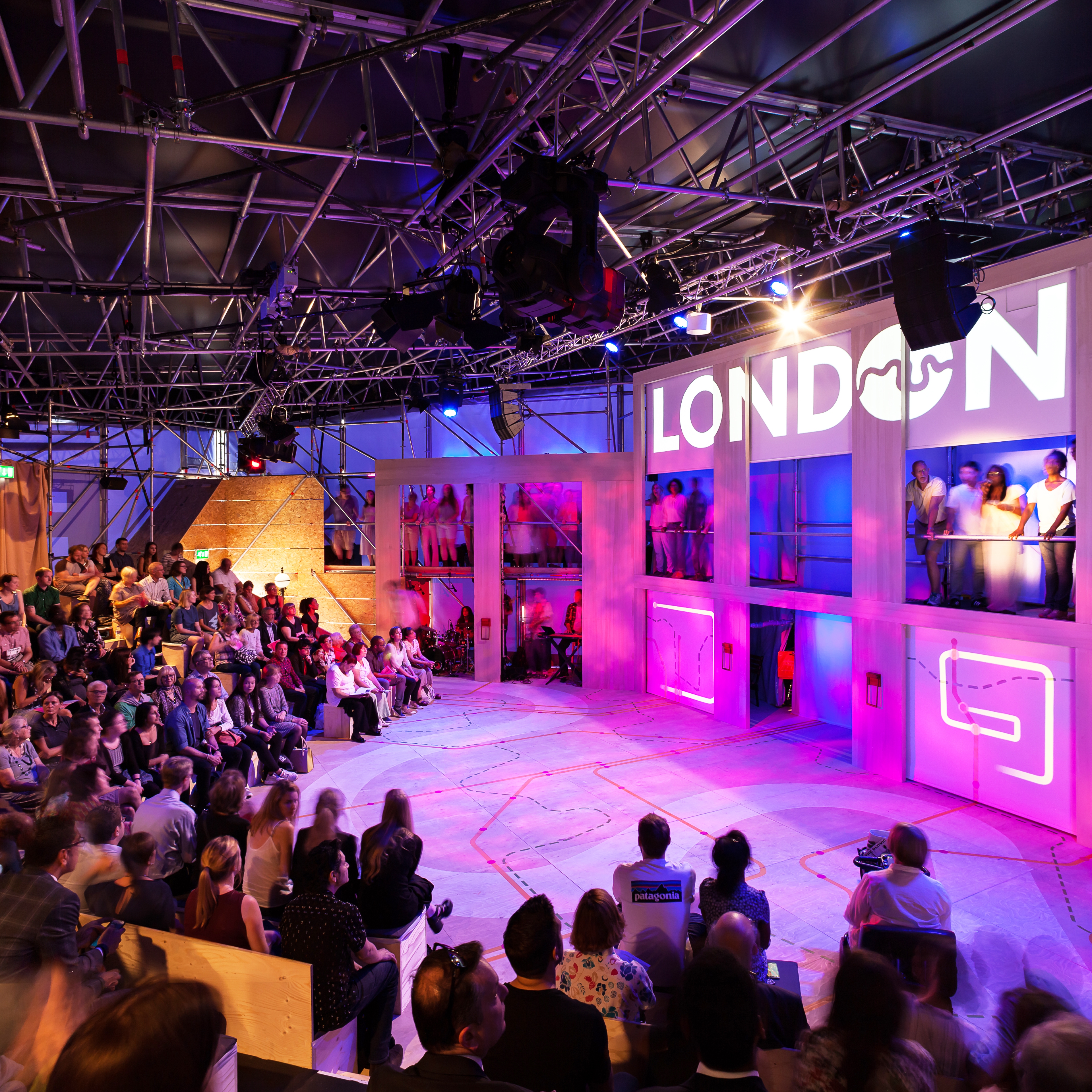
RISE theatre. Photography: Peter Landers
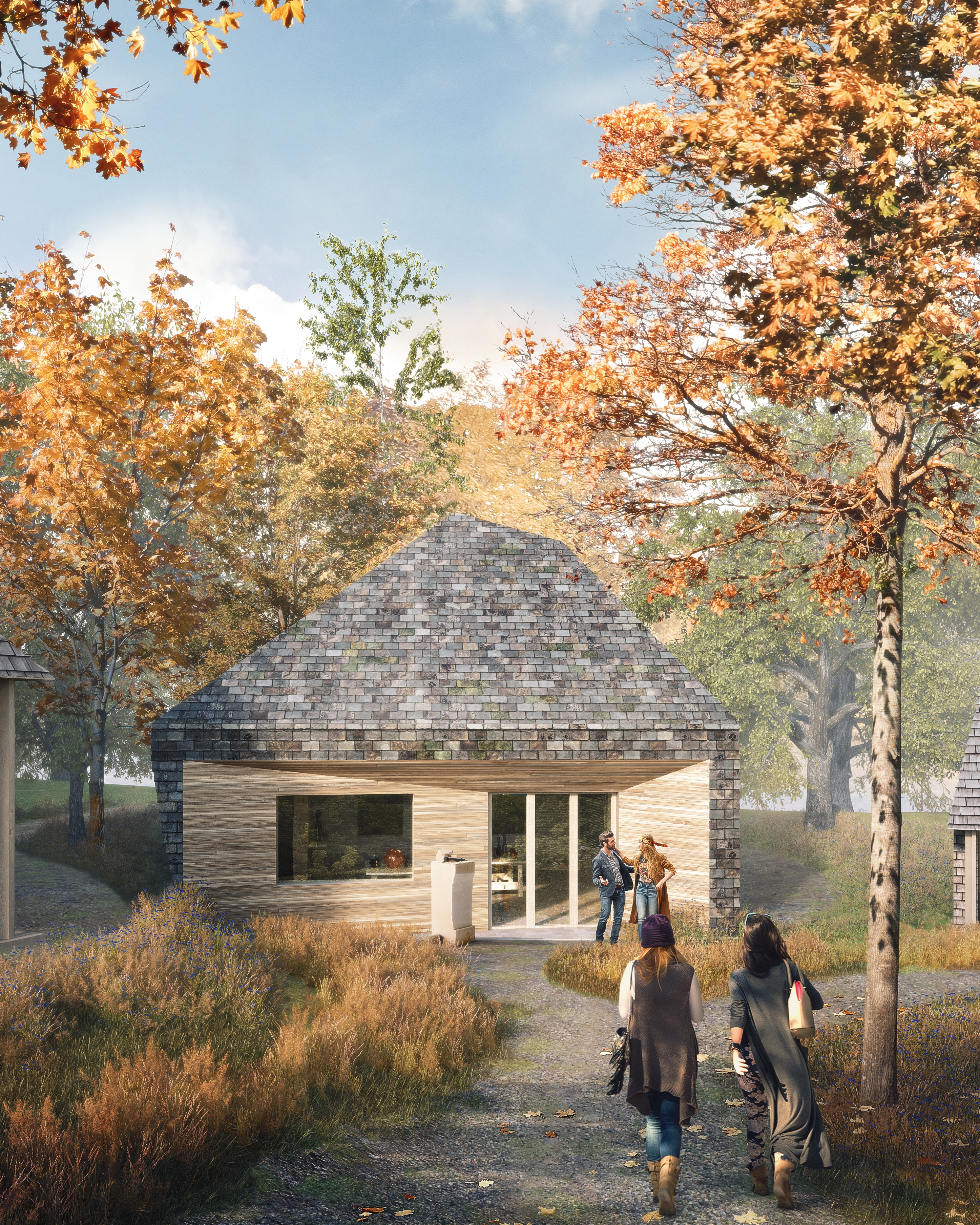
OmVed Gardens, an urban greenscape in North London
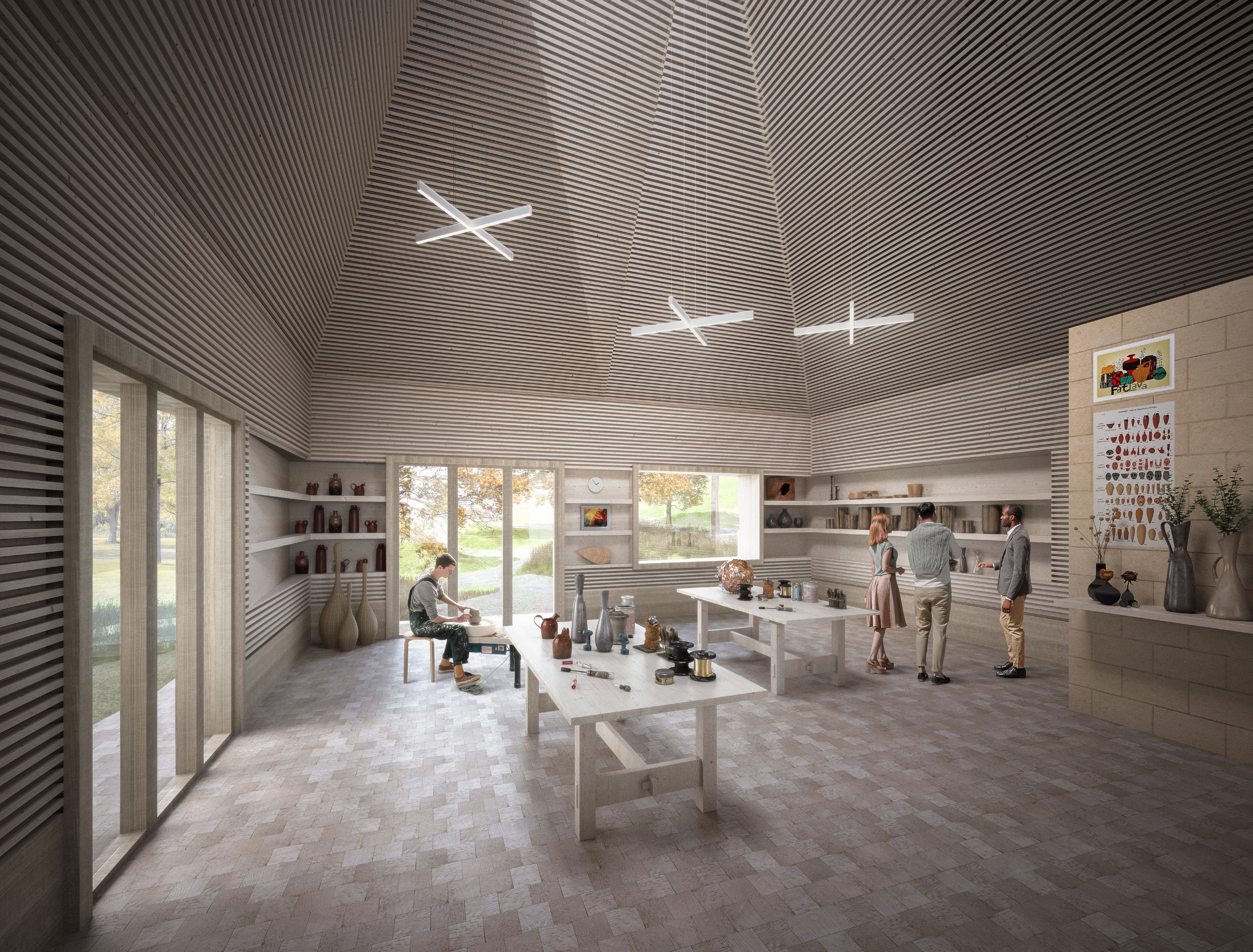
OmVed Gardens, an urban greenscape in North London
INFORMATION
Receive our daily digest of inspiration, escapism and design stories from around the world direct to your inbox.
Ellie Stathaki is the Architecture & Environment Director at Wallpaper*. She trained as an architect at the Aristotle University of Thessaloniki in Greece and studied architectural history at the Bartlett in London. Now an established journalist, she has been a member of the Wallpaper* team since 2006, visiting buildings across the globe and interviewing leading architects such as Tadao Ando and Rem Koolhaas. Ellie has also taken part in judging panels, moderated events, curated shows and contributed in books, such as The Contemporary House (Thames & Hudson, 2018), Glenn Sestig Architecture Diary (2020) and House London (2022).
